

KENNESAW, Ga. | Nov 10, 2025
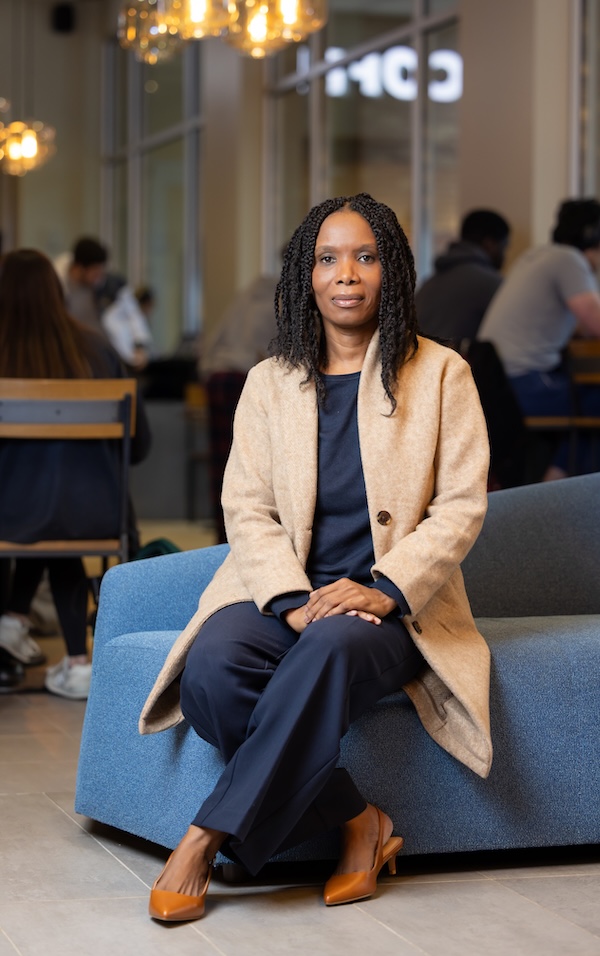
An associate professor of Educational Psychology in the Norman J. Radow College of Humanities and Social Sciences, Edwards has received a five-year, $700,000 National Science Foundation (NSF) grant to explore how motivation can improve retention and academic success among engineering students.
“Research shows that when students understand how coursework connects to their goals, interests, and identity, they become more engaged and are more likely to persist in their program,” Edwards said. “We want students to reflect on how valuable their engineering coursework is to their future, how enjoyable it is, what the cost of course participation might be, and how their identity connects to what they’re learning.”
The KSU research team includes Craig Chin, assistant chair of the Department of Electrical and Computer Engineering and associate professor of electrical engineering technology; Dianhan Zheng, associate professor of psychology; Roneisha Worthy, assistant dean of student success and professor of civil engineering; and Gita Taasoobshirazi, associate professor of statistics.
Together, they are basing the study on a well-known approach called the situated expectancy-value theory, which says that how much students value what they’re learning affects how motivated and successful they are. The idea is simple, when students see the value of what they’re learning, they’re more likely to stay motivated and succeed.
“This project is important because it tackles some of the biggest challenges in engineering education, like low graduation rates and students losing motivation,” Chin said. “By focusing on different aspects of motivation, it gives students a more personalized approach to stay engaged and succeed. Since it’s built into their coursework over several years, it can make a real, long-term difference in helping to improve their academic performance.”
Beyond academics, the intervention hopes to improve career readiness among engineering students. Zheng hopes it will also help to address underemployment rates.
“Many people assume that engineering students have a smooth path to rewarding careers, yet data reveal that underemployment among engineering graduates is not uncommon,” Zheng explained. “This intervention will allow us to better understand and strengthen the factors that support a successful transition from college to the engineering workforce, ensuring that students are better prepared to apply their skills.”
– Story by Christin Senior
Photos by Matt Yung
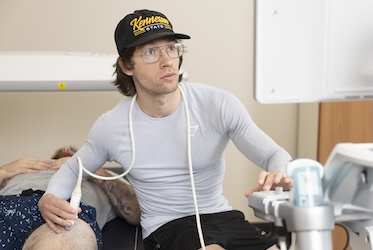
KSU student researchers to share findings at Georgia Capitol
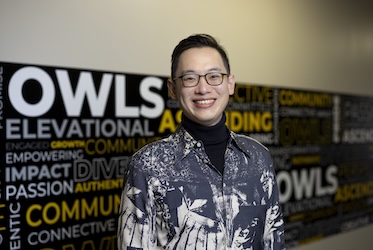
Finding love at first swipe: Kennesaw State research shows how to win at dating apps
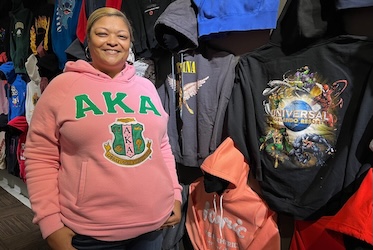
Kennesaw State associate professor co-curates hoodie exhibit at Museum of Design Atlanta
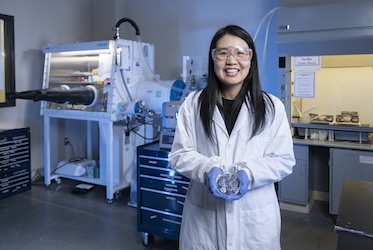
Kennesaw State researcher develops safer, faster solid-state battery design
A leader in innovative teaching and learning, Kennesaw State University offers undergraduate, graduate, and doctoral degrees to its more than 51,000 students. Kennesaw State is a member of the University System of Georgia with 11 academic colleges. The university's vibrant campus culture, diverse population, strong global ties, and entrepreneurial spirit draw students from throughout the country and the world. Kennesaw State is a Carnegie-designated doctoral research institution (R2), placing it among an elite group of only 8 percent of U.S. colleges and universities with an R1 or R2 status. For more information, visit kennesaw.edu.